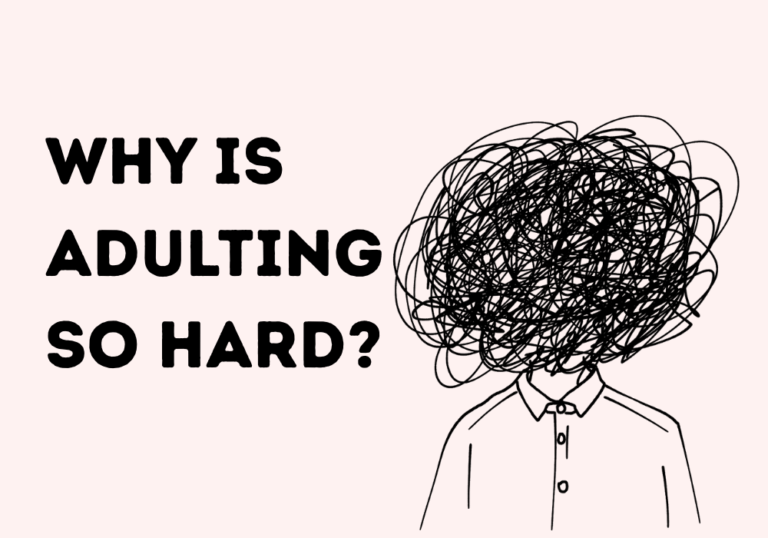What is Emotional healing?
Emotional healing occurs when you learn to let go of emotions and replace them with more rational, clear-headed thinking to help you achieve your goals and healthily achieve self-care.
Emotional healing is a process that can help people overcome negative emotions, heal from emotional wounds, and transform negative emotions into positive ones. It is a process of restoring balance, strength, and hope to oneself and others.
Emotional healing is the process of helping someone recover from emotional wounds and recover the ability to feel, heal, and grow from these wounds.
The process of recovering from emotional wounds is very important. It involves learning and practicing new ways of being, as well as developing new behaviors that help reduce stress and promote healing.
10 Practical Tips That Can Help You Find Emotional Healing:
1-Admit Your Emotional Pain:
The first step towards healing is admitting that you are in emotional pain. Though, this can be tough, especially if you feel that it is embarrassing or a sign of weakness to have emotional problems. It is crucial to keep in mind that vulnerability can actually be a strength.
If you can admit it, you’ve stopped fighting and or running from your pain, and you’re willing to move through it and trust that Emotional healing is possible.
2-Write It Down:
Writing difficult emotions down in a journal can help to express what may be difficult to say out loud. Allotting time every day to write can be extremely beneficial for your emotional well-being, as there are studies that attest to the healing effects of writing. (All-in-one-digital and printable planner )
Related:10 Tips to start Journaling and make it a Habit
3-Suffering:
Denying and dishonoring our painful emotions leads to emotional suffering. To begin the emotional healing process, we must surrender to our suffering.
You cannot heal your emotions if you do not first understand and feel them. Allow yourself to be present with your emotions, and feel the rhythm, vibration, and essence of your pain.
4-Take small steps:
Making too many changes at one time can have negative consequences. You may feel overwhelmed or feel like a failure if you set unrealistic expectations, and dramatic changes are often unsustainable. Micro-changes, or small, manageable, incremental changes, can create positive emotions such as success, hope, and encouragement, which are key to making progress in your healing process.
5-Meditation:
To heal emotional pain, it is necessary to meditate. Meditation is highly beneficial for both emotional healing and emotional resilience. It is also one of the best ways to learn to balance the negative emotions; and can also help you connect with yourself.
Related: How Meditation Will Change Your Life?
6-Awareness:
When you have a greater awareness of your emotions, you will be able to understand what you feel, how you feel, and why you feel a particular emotion. Once you know your feelings, you will be more likely to resolve your negative feelings more healthily. You will be able to approach, accept, and tolerate the way you feel.
This is a crucial step in healing your sad and anxious feelings. This stage is focused on action, and understanding your emotions will help to heal the deep wounds. When you know what your emotions are telling you, you are better equipped to cope with them.
7-Disconnect anxiety:
Unbridled anxiety upsets our balance, colors our mood, and makes all of life’s already difficult tasks that much more difficult
Related:15 tips to deal with anxiety
8-Take Restorative Time Alone:
Solitude or downtime is important to access your own thoughts and feelings and to heal, especially if you’re a subject of pain or difficult loss. Make sure you are not too full of tasks and not thinking about anything else.
Related:10 Things That Happen When You Start to Enjoy Being Alone
9-Upgrade your personality:
You may not look like the person you would like to be, your image may not be the image you would like to be, your character may not be the one you would like to be, and your life may not be the one you would like to. If so, you require an upgrade in personality, which of course only you can do.
Related:21 Simple Tips to Build a Strong Personality
Related:Sense of Self: What It Is and How to Find It (10 tips)
10-Be patient and persistent:
The healing process is a lot of work, It requires patience and time to gain new insights and skills. It is also important to be persistent and keep going even when it gets difficult. Be willing to try new strategies and challenge yourself in new ways.








